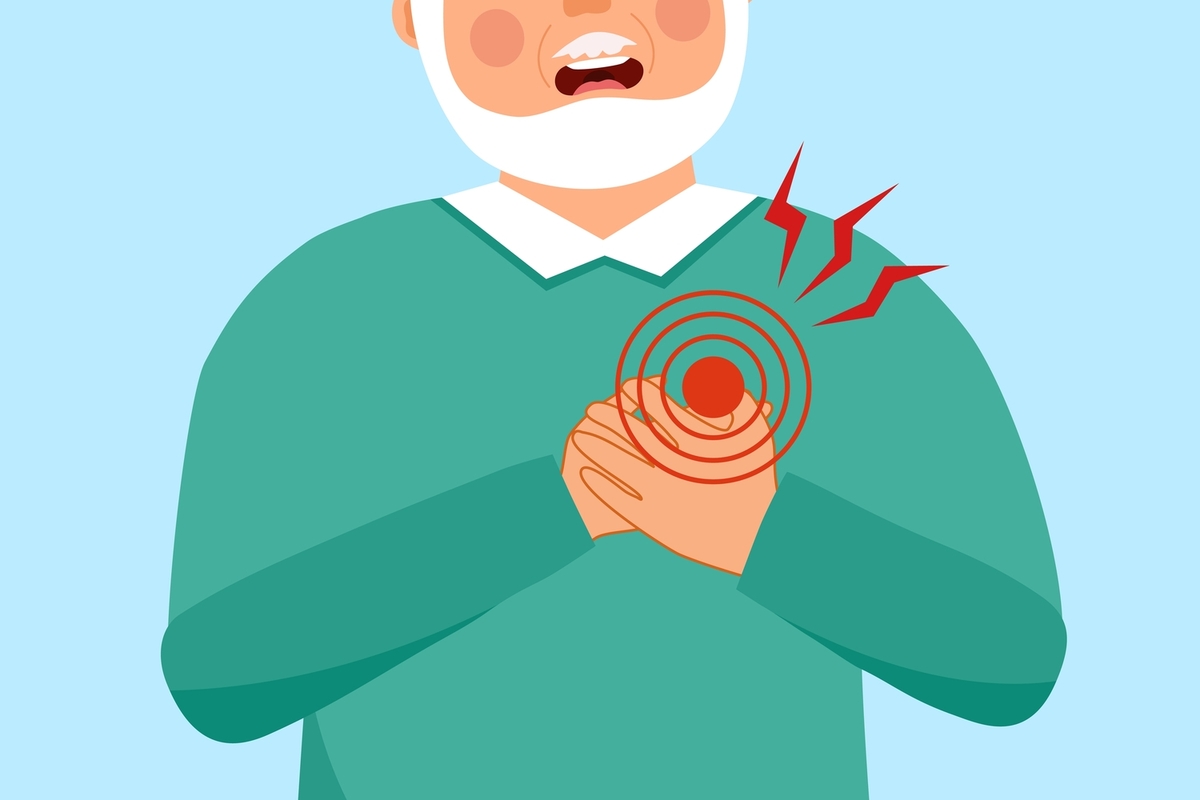Understanding Leaky Heart Valve in the Elderly: Causes, Symptoms, and Treatment Options

As we age, our bodies undergo various changes, and the heart is no exception. One common cardiovascular issue that affects the elderly is a leaky heart valve, also known as valve regurgitation. This condition can significantly impact an individual’s quality of life if not properly managed. In this article, we will explore the causes, symptoms, and treatment options for a leaky heart valve in elderly individuals.
Causes of Leaky Heart Valve in the Elderly
A leaky heart valve occurs when one of the heart’s valves does not close properly, allowing blood to flow backward. Several factors can contribute to this condition in elderly individuals:
- Age-Related Degeneration : As people age, the heart valves can become thickened and less flexible, leading to improper closure.
- High Blood Pressure : Chronic high blood pressure can cause the heart to work harder, leading to valve damage over time.
- Infections : Conditions such as endocarditis, an infection of the heart valves, can cause damage and lead to regurgitation.
- Rheumatic Fever : Although less common today, rheumatic fever can cause long-term damage to the heart valves.
- Congenital Defects : Some individuals may be born with valve abnormalities that worsen with age.
Symptoms to Watch For
The symptoms of a leaky heart valve can vary depending on the severity of the condition. Common symptoms include:
- Shortness of Breath : Difficulty breathing, especially during physical activity or when lying down, is a common symptom.
- Fatigue : Feeling unusually tired or weak, even with minimal exertion.
- Swelling : Edema, or swelling in the ankles, feet, or abdomen, can occur due to fluid buildup.
- Heart Palpitations : Irregular heartbeats or a sensation of the heart skipping beats.
- Chest Pain : Some individuals may experience chest discomfort or pain.
Diagnosis and Treatment Options
Diagnosing a leaky heart valve typically involves a combination of medical history, physical examination, and diagnostic tests such as echocardiograms, electrocardiograms (ECG), and chest X-rays. Once diagnosed, treatment options can vary based on the severity of the condition:
- Medications : For mild cases, medications may be prescribed to manage symptoms and prevent further complications. These can include diuretics to reduce fluid buildup and medications to control blood pressure.
- Lifestyle Changes : Adopting a heart-healthy lifestyle can help manage symptoms and improve overall cardiovascular health. This includes a balanced diet, regular exercise, and avoiding smoking.
- Monitoring : Regular check-ups with a cardiologist are essential to monitor the condition and make any necessary adjustments to the treatment plan.
- Surgical Interventions : In more severe cases, surgical options such as valve repair or replacement may be necessary. Advances in medical technology have made these procedures safer and more effective, even for elderly patients.
Preventive Measures
While some risk factors for a leaky heart valve, such as age and congenital defects, cannot be controlled, there are steps that can be taken to reduce the risk:
- Regular Check-Ups : Routine medical examinations can help detect early signs of valve issues.
- Manage Chronic Conditions : Keeping conditions like high blood pressure and diabetes under control can reduce the risk of valve damage.
- Healthy Lifestyle : Maintaining a healthy weight, eating a balanced diet, and engaging in regular physical activity can support heart health.
- Avoid Infections : Practicing good hygiene and seeking prompt treatment for infections can prevent complications like endocarditis.
A leaky heart valve in the elderly is a condition that requires careful management and monitoring. By understanding the causes, recognizing the symptoms, and exploring the available treatment options, individuals and their caregivers can take proactive steps to maintain heart health and improve quality of life. Regular medical check-ups and a heart-healthy lifestyle are key components in managing this condition effectively.



